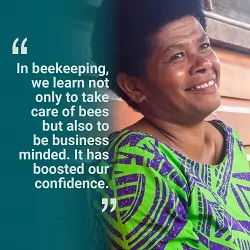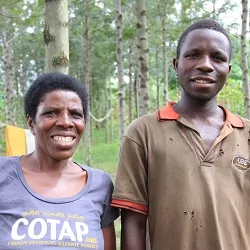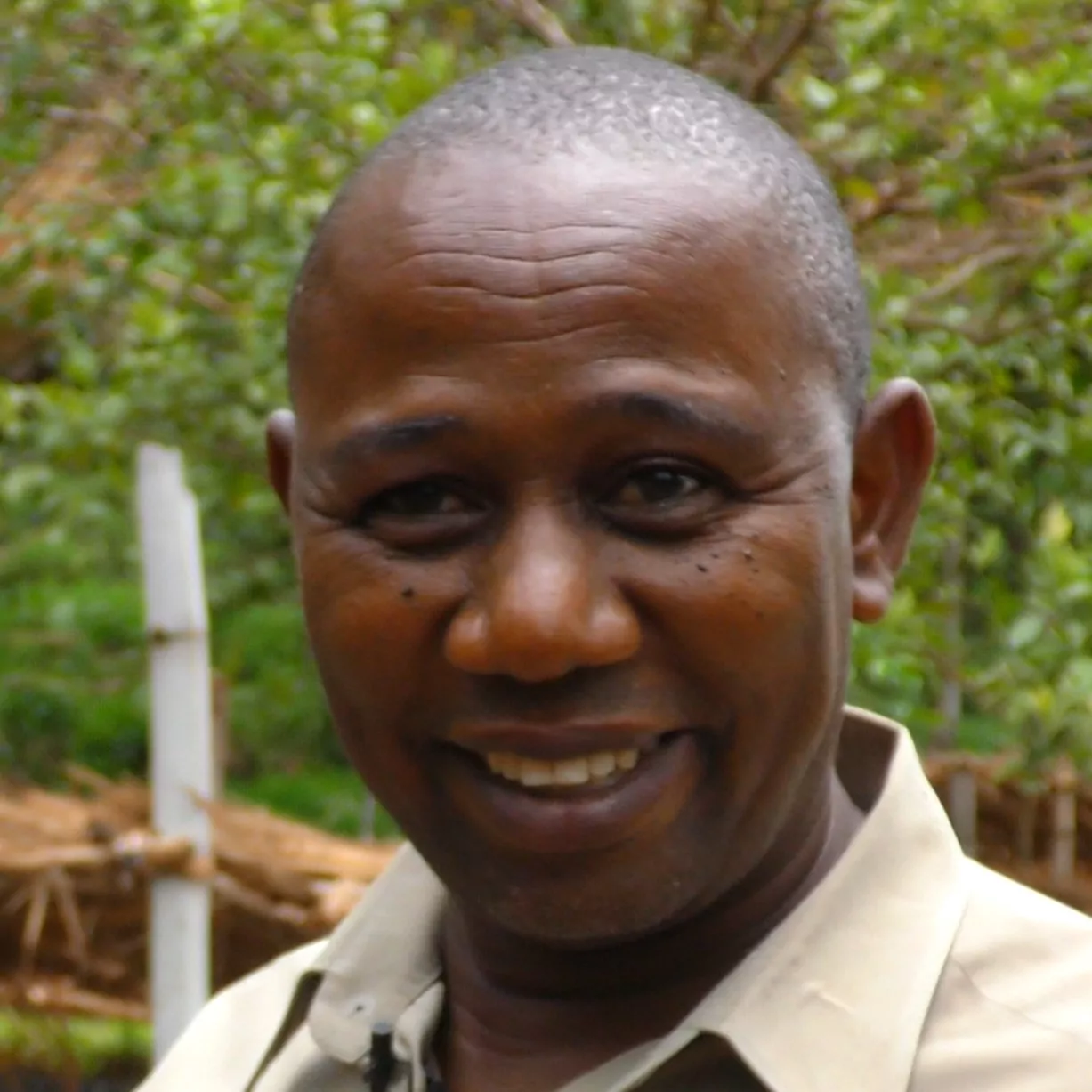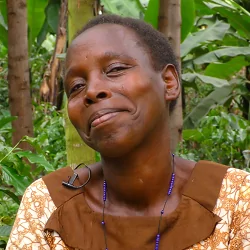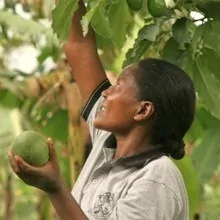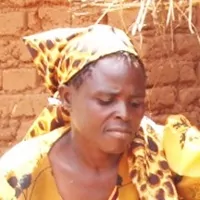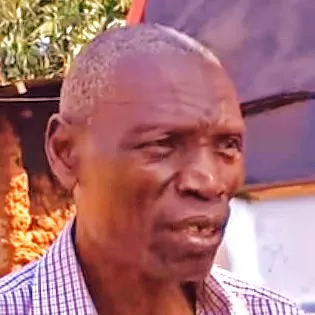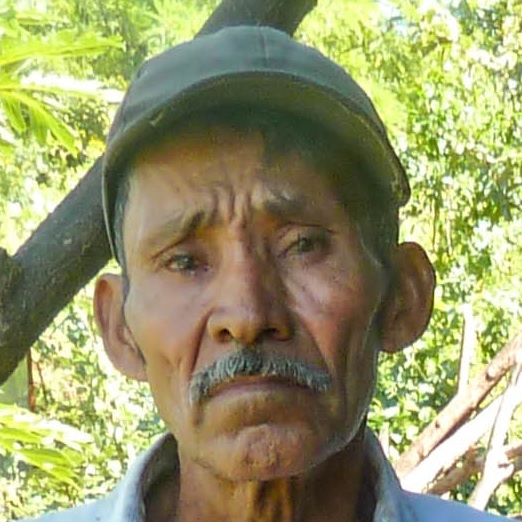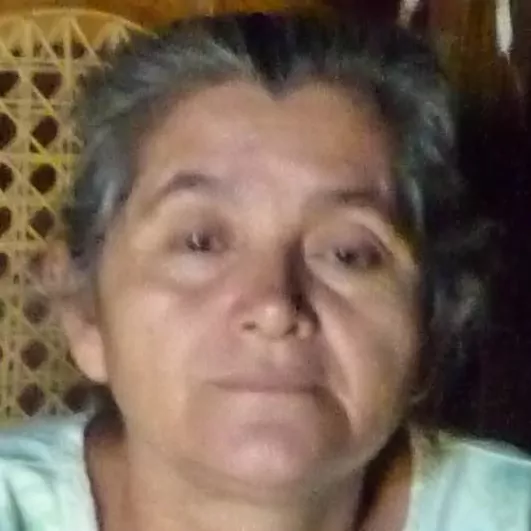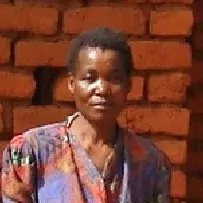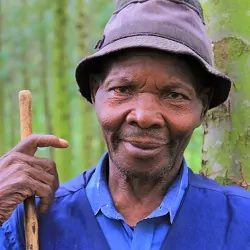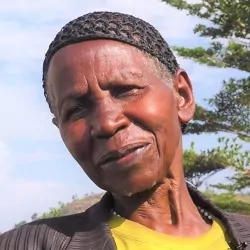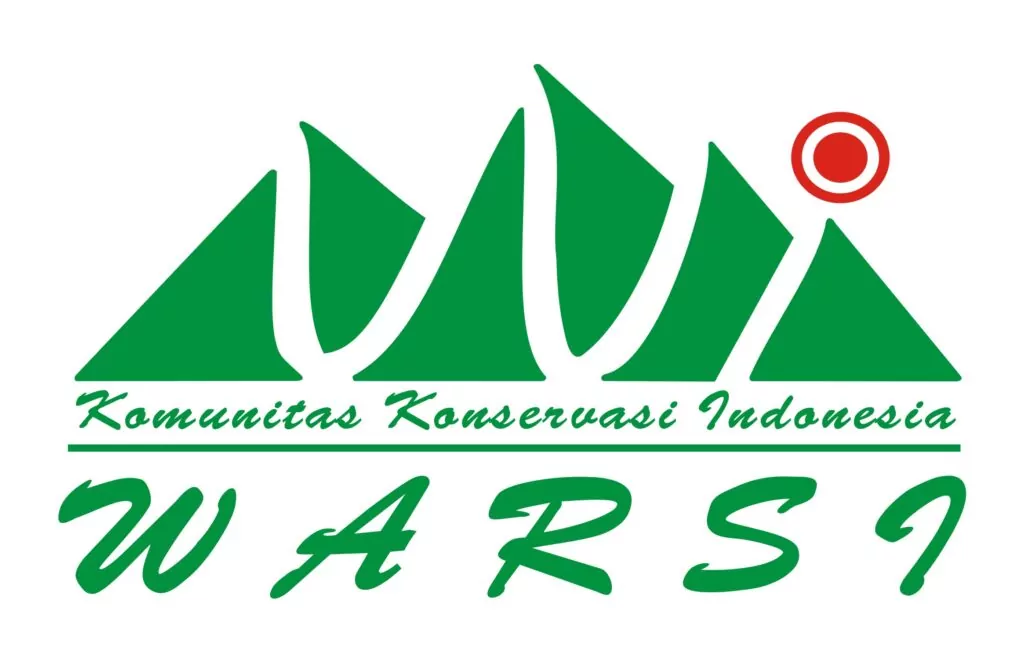A recent article titled “Carbon fund does good in two ways – They’re acting locally to save the world” covers Sustainable Tallahassee’s Community Carbon Fund, which takes offset-based donations from community members and channels those dollars towards emissions-reducing local projects that benefit their disadvantaged neighbors.
Once you get past the unoriginal lip service to carbon offset drama themes like indulgences and cheat offsets (C’mon Mark! That’s so played out!) it’s a very cool piece of coverage, as is the program itself. We don’t agree with one aspect of the program, that being that the emissions reductions are not certified or retired, though they are apparently overseen by third party non-profits. But on the balance, that’s a forgiveable and correctable flaw for something innovative, new, and moving in a very meaningful direction.
We’ve been repeatedly asked “Why doesn’t COTAP do domestic projects that alleviate domestic poverty?,” which is an extremely valid question. The answers are many and complex, but the main answer comes down to focus. COTAP was born specifically because we felt that accredited forestry carbon projects in least developed countries could be much better funded if their poverty-alleviating potential was highlighted and if the credits were made available to individuals as a tax-deductible donation. Our mission is to make that happen, and pursuing that very specific mission is keeping us plenty busy.
Sustainable Tallahassee’s Community Carbon Fund is on the right track and is one of many examples of how domestic carbon programs can benefit people in the U.S., and specifically disadvantaged communities. There is vast and mostly unexplored potential in this arena, there is a colossal opportunity to create tons of local, domestic, and well-paying energy efficiency retrofitting jobs. It doesn’t necessarily need to involve carbon offsets, though, and it needs to be tied into a systemic mechanism of incentives and replicated, and that’ll probably take a domestic, national-scope NGO to pull off.
Organizations like Green For All are doing a noble job on the advocacy and policy aspects of this challenge. For-profit, domestically-focused carbon offset entities like Terrapass and Native Energy have done a good job of supporting domestic projects, just not with an equal focus of poverty alleviation embedded in what they do. You can also see glimpses of this wider opportunity in what GRID Alternatives does. So with so many different types of organizations, roles, and project types, a domestic version of COTAP will be as much of a Rubik’s Cube to pull it all together like our initial, cross-borders version has.
Though COTAP’s ‘Phase 1′ has been a success, it’s still in its infancy. We want to make sure we’re fully accomplishing what initially set out to do, and to be serving, at an ambitious scale, those we initially aimed to serve, in this first phase before adding such a complex new scope to what we do. The thing is, the opportunity of transforming individuals’ footprints into wages for rural farmers in least-developed countries is so vast that we may stay happily in Phase 1 indefinitely, and find a way to facilitate another new standalone intermediary to take on the domestic version of COTAP.
So, in our opinion, Sustainable Tallahassee’s program is onto something big that needs to be refined and expanded nationally. COTAP would love to be the organization to do it – to connects individuals’ footprints with accredited, domestic offset projects that create and increase wages for the poorest Americans. But, as mentioned, that’s simply not our current focus.


